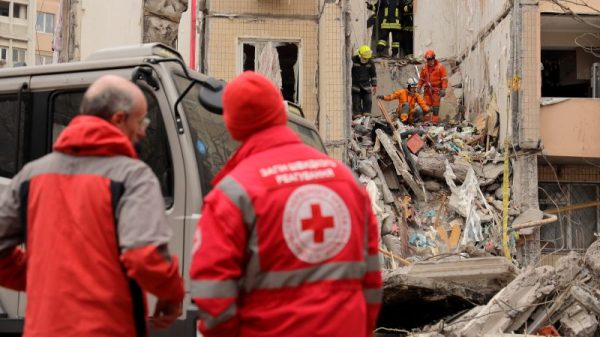 Deporting millions of people certainly has its difficulties, both practical and moral.
Deporting millions of people certainly has its difficulties, both practical and moral.
Practically speaking, the logistics of such an operation can be complex, costly and time-consuming. Identifying individuals who should be deported, processing them through a legal system, and actually transporting them to their designated countries are not only logistically challenging but would require a massive allocation of resources. There’s also the issue of what happens after deportation – people may face unemployment, homelessness, and limited access to healthcare services.
Morally and ethically, there are significant concerns as well. Families may be split apart, individuals may be sent back to countries where they face danger or persecution, and people who have lived, worked, and contributed to a community for years could suddenly be uprooted. It raises questions about the fairness of treating people as illegal.
In considering these difficulties, it’s important to find compassionate solutions that balance respect for laws and borders with respect for human rights and dignity. A comprehensive and fair immigration reform, better border control, and efforts to address the root causes of migration can be more practical and morally acceptable alternatives.





























